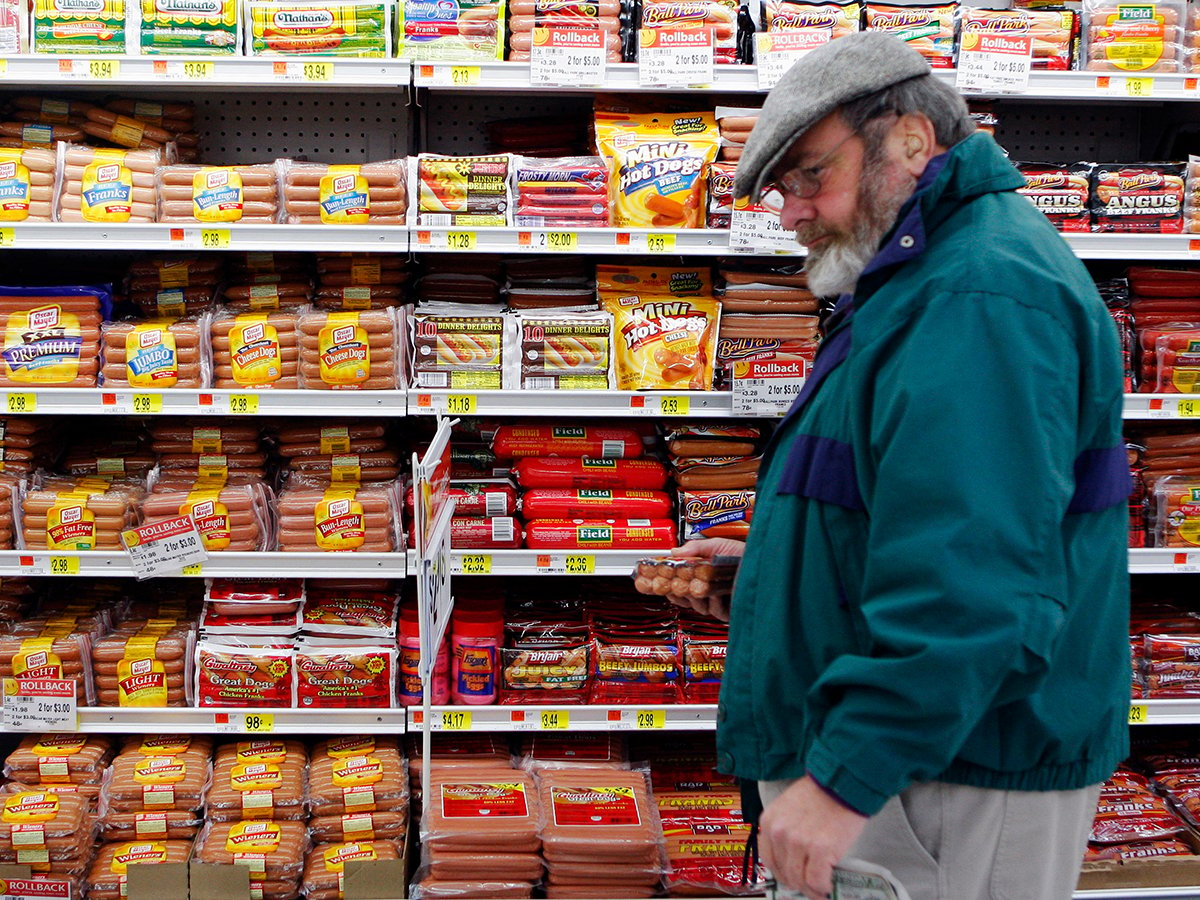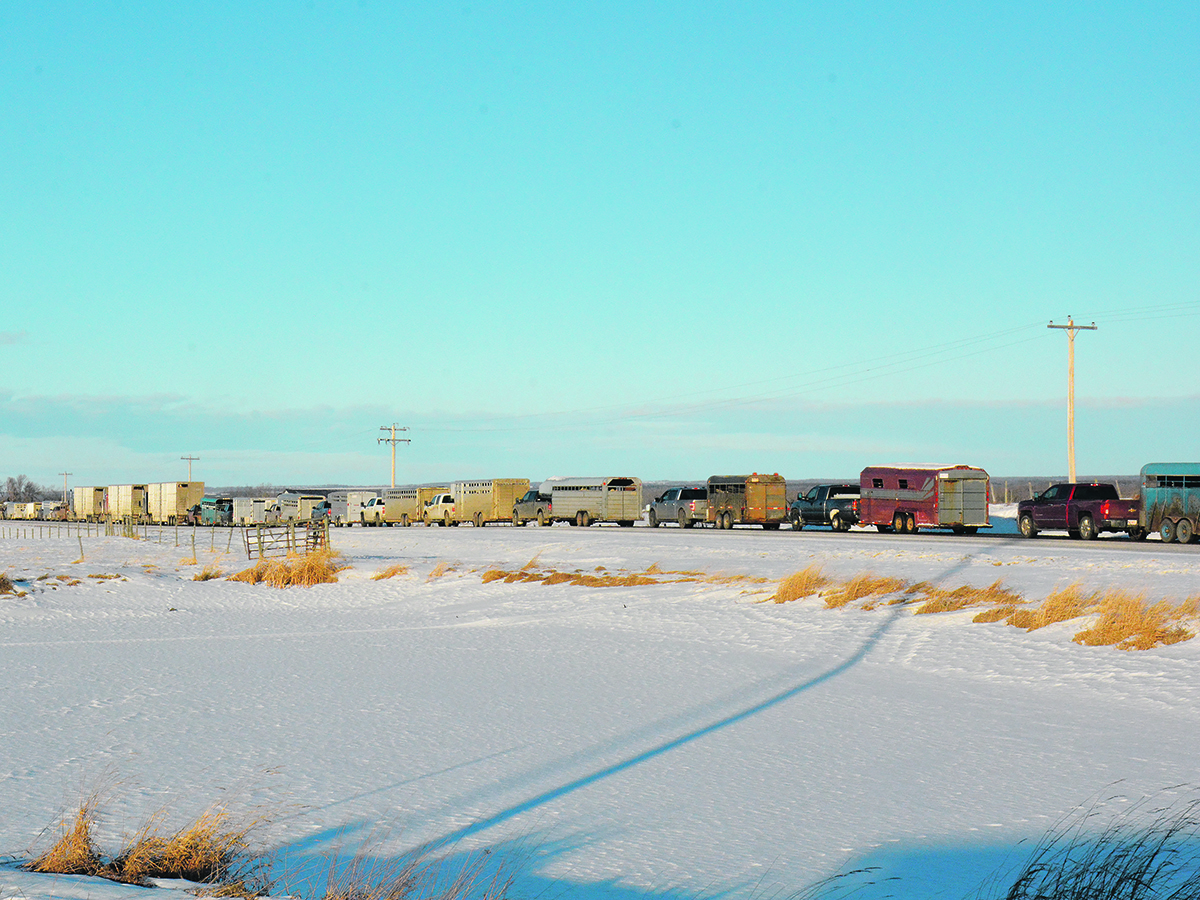Cattle auctions deal with big sale volumes ahead of Trump inauguration as ranchers respond to trade uncertainty
The threat of sweeping tariffs has weighed heavy over Canadian industries since the U.S. election, and the cattle industry is no exception.
With President Donald Trump’s inauguration planned for Jan. 20, beef producers across Canada were in sell mode last week before any potential tariffs affected the market.
Follow all our coverage of the tariffs situation here
Read Also

Food exporters urged to ease reliance on U.S.
Farm Credit Canada says there is a $12 billion opportunity in diversifying food and beverage exports to markets other than the United States.
This was evident in Clyde, Alta., Jan. 13, where cattle producers with trucks and trailers lined up down the road waiting to get into the country’s largest cattle auction market.
North Central Livestock Exchange sold 8,065 head of cattle during its Jan. 14 auction, which manager Levi Pedgerachny said was certainly above average.
“Our first two sales of the year are always big, but this one was especially big. The week before we had 6,100 head, so this was up there,” Pedgerachny said.
He said a lot of the cattle sold last week are ones that would normally be sold in February or March, but a combination of strong market prices and Trump’s upcoming inauguration led to the boom in sales.
“Lots of guys were scared of the tariffs, so we had 2,000 or 3,000 more than we’ve seen at this sale in the past. It was a panic sale for lots of guys who wanted to get them sold before the 20th,” he said.
“It was a big week all over in the cattle industry. Everybody had large volumes this week.”
He added that the “panic sale” could be good for the cattle market for the remainder of winter.
“It should keep the market fairly level because there are just fewer cattle to go around now.”
Trump has threatened to impose 25 per cent tariffs on all Canadian goods, which would have a dramatic impact on Canadian beef and agriculture as a whole.
Although a Trump administration official confirmed Jan. 20 that tariffs will not be imposed right away after the president takes office, the uncertainty still looms large with trade action possible at any moment.
The Canadian and American beef industries work closely together, with the production process often requiring multiple trips back and forth across the international border. A 25 per cent tariff would tack on extraordinary costs to each border crossing.
In 2024, Canada exported $7 billion worth of beef products; $6 billion of that was exported to the United States.
For now, the industry is safe from Trump’s border tax, but if the hammer does drop, the federal government would likely respond with retaliatory tariffs, leading to a trade war that could have a long-term impact on Canada’s growing beef industry.















